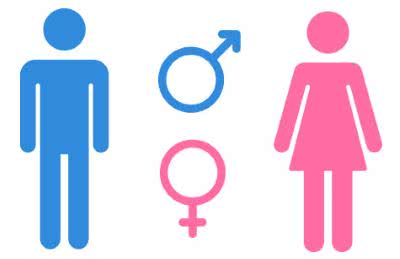gender
US /ˈdʒen.dɚ/
UK /ˈdʒen.dɚ/

名词
1.
性别, 社会性别
the state of being male or female (typically used with reference to social and cultural differences rather than biological ones).
示例:
•
The company is committed to promoting gender equality in the workplace.
公司致力于促进工作场所的性别平等。
•
The survey asked participants to identify their gender.
调查要求参与者确定他们的性别。
2.
性别
(grammar) each of the classes (typically masculine, feminine, and neuter) of nouns and other words that determine the form of associated words.
示例:
•
In German, nouns have a grammatical gender.
在德语中,名词有语法性别。
•
The teacher explained the concept of noun gender to the class.
老师向班级解释了名词性别的概念。
动词
1.
性别化, 赋予性别
assign a gender to (someone or something), typically in a way that is seen as imposing a conventional male or female role.
示例:
•
The film was criticized for gendering its characters in stereotypical ways.
这部电影因以刻板方式性别化其角色而受到批评。
•
Some argue that language itself can gender our perceptions of the world.
一些人认为语言本身可以性别化我们对世界的看法。
在 Lingoland 学习这个单词